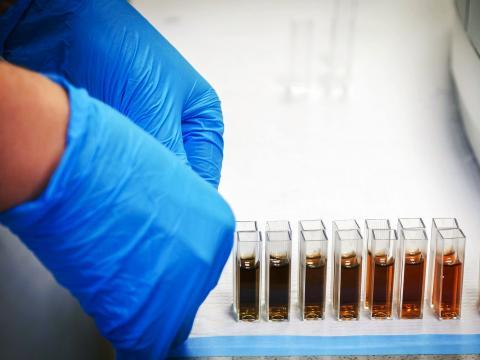
BMC seminar next Thursday, December 17th at 12:00.
Speaker: Sigurður Rúnar Guðmundsson, M.Sc, PhD student in the Molecular and Integrative Biosciences research program (MIBS) at the University of Helsinki under the supervision of Professor Eeva-Liisa Eskelinen.
Title: Dissecting the phagophore assembly site
Place: Zoom, see link below
Abstract: Autophagy is a catabolic pathway that delivers cytoplasmic material to the lysosome and is activated by cellular stress. This pathway protects the cell by degrading and recycling non-essential cytoplasmic material and harmful substrates such as damaged organelles, aggregated proteins, and intracellular pathogens. If autophagy is not functional, damaged mitochondria and protein aggregates accumulate in cells, which disrupts cellular functions and ultimately leads to cell death. Particularly postmitotic cells like neurons and muscle cells depend on functional autophagy.In autophagy, the cellular material being degraded is first isolated by a double membrane known as the phagophore. When the phagophore is fully closed it forms an autophagosome. The autophagosomes fuse with endosomes and lysosomes, which deliver the degradative enzymes. The cargo is degraded and recycled back into the cytoplasm. Autophagy can either be selective, where ubiquitinated or an otherwise labelled substrate is engulfed by the phagophore, or unselective as is the case when the cell is starved. In this talk I will present the work I was involved in during my PhD with emphasis on correlative light and electron microscopy (CLEM) analysis of phagophores and autophagosomes of both selective and un-selective autophagy
Zoom link:
https://eu01web.zoom.us/j/63412504019?pwd=azM0SjE1VGVMdnFReGlaZXRHeElZQT09
